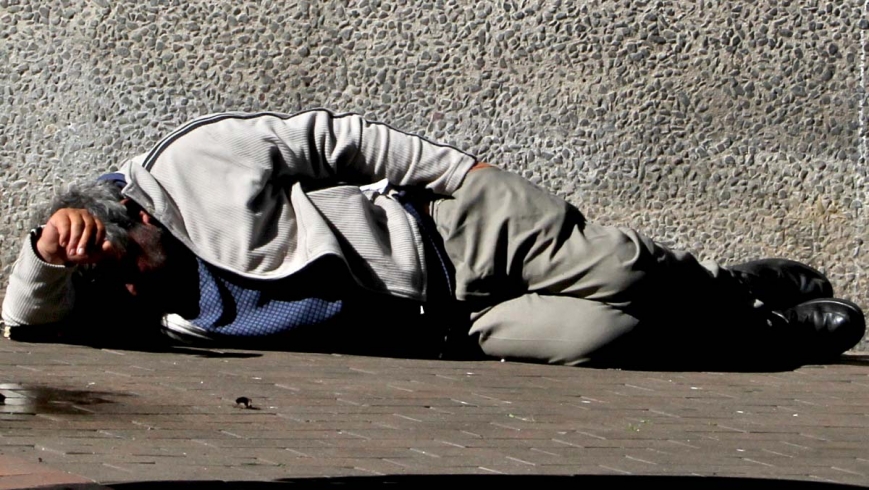Wyndham’s key welfare and housing support groups fear more of the city’s most vulnerable residents will be cut adrift if the federal government withdraws funding for the National Partnership Agreement on Homelessness.
With the $115 million funding for this financial year due to run out on June 30, Wyndham council joined national body Homelessness Australia last week in urging the government to recommit to the agreement.
Chaffey ward’s Cr John Gibbons urged the government to continue the agreement with the states and give certainty to those providing housing and support services across the country.
He said census figures showed the number of homeless people in Wyndham almost quadrupled from 2001-11 to 420, and overcrowding rose more than 400 per cent in the same period.
A chronic lack of crisis accommodation in Wyndham means people facing homelessness or emergency situations such as family violence, are regularly forced to find shelter outside the city, while the wait for public housing can stretch up to five years.
UnitingCare Werribee Support and Housing chief executive Carol Muir told The Age last year some families and single people in Wyndham could no longer afford to live on their own.
Ms Muir said up to three families were crowding into single properties, while one Werribee mother was told she would have to wait 26 years for public housing.
Wyndham City Salvation Army captain Lance Jeffrey said the government must end the uncertainty over the homeless funding.
“We already have the highest rental evictions in Victoria and significant numbers of people are experiencing mortgage stress.
“The need for crisis accommodation in Wyndham has moved beyond desperate to critical, especially with our increasing population.”
In 2011, the Salvation Army with Wyndham City, Yarra Community Housing, Uniting Care Werribee Support and Housing, Western Region Health Centre and the Werribee Mercy Hospital drafted the H3 Wyndham Crisis Intervention Facility proposal.
It requested $5 million from the state government to build a new facility to assist homeless families and single adults for up to six weeks and two weeks respectively. But this proposal has yet to receive government support.
“Sending people outside their community for crisis accommodation causes untold disruption for families,” Mr Jeffrey said.
“We need a more cohesive approach to bringing together support services and helping people return to independent living. That’s what the crisis accommodation proposal would provide.”







